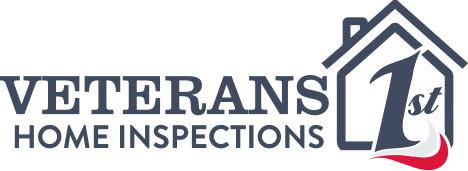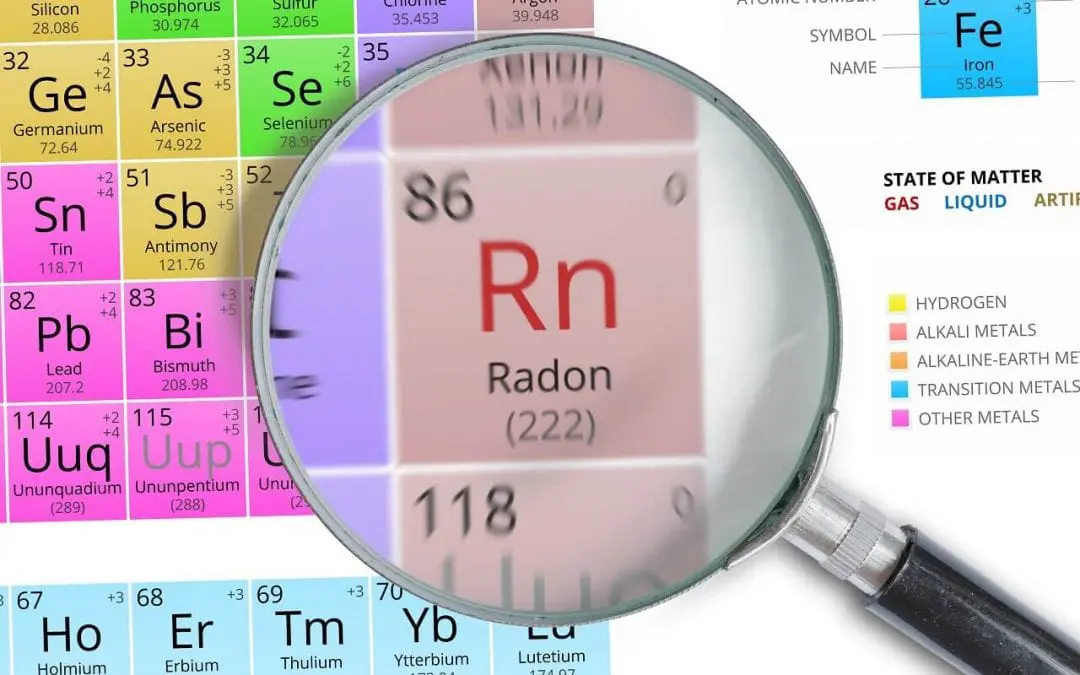Radon is a naturally occurring radioactive gas that is produced as radium, thorium, and uranium break down in the soil. The gas seeps upward and is then released into the air. Both odorless and colorless, radon in the home is undetectable without a professional test. When this gas accumulates in areas with inadequate ventilation, it endangers the health of those who spend time inside that building.
How Are We Exposed to Radon?
Exposure occurs when we breathe air that contains high levels of radon. Since you spend a good amount of time in your home, this is where radon is the biggest risk. Radon may seep into the home through small cracks or other openings in your home’s foundation. Once inside, it becomes trapped and builds up to unsafe levels.
Is My Home Safe?
Houses with basements and crawlspaces and slab-built homes can be affected by radon. Modern well-insulated, tightly-sealed homes are at the greatest risk because radon accumulates indoors with no way to escape. One in every 15 homes has high levels of this radioactive gas, putting the household at risk for serious health problems.
Testing for Radon in the Home
Professional radon testing will determine the levels of the gas in your home. Every homeowner should test at least once per year. Alpha-track detectors, charcoal canisters, and continuous monitors are a few of the short-term test types. Long-term testing kits such as chamber detectors help detect fluctuations of this gas over days and months. While do-it-yourself kits are available, you’ll get more accurate results when you hire a radon professional. A professional is well-trained to administer and interpret the radon test.
How to Reduce the Risks of Radon in Your Home
Radon mitigation is necessary if high levels (4 pCi/L or higher) are found in the home. To help prevent it from building up inside a home, inspect for and seal any cracks in the foundation. Use ventilation fans in crawlspaces to circulate the air and move radon out of the space.
If testing reveals that your home has high levels of this gas, talk to a professional about mitigation solutions. He or she will be able to help you decide on the best system for your home.
Veterans First Home Inspections offers inspection services, including radon testing, to the nation’s capital. Contact us to request an appointment.

